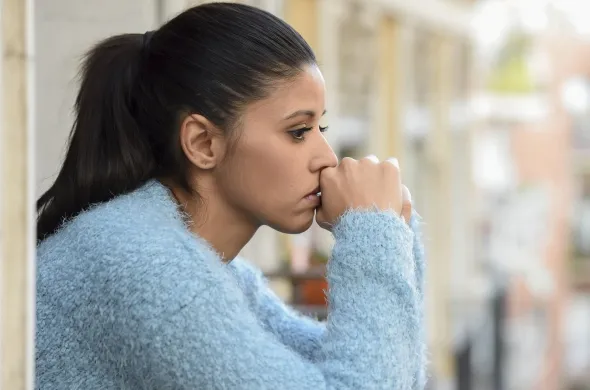Depression is more than just feeling sad. It’s a profound and persistent experience that can affect every part of a person’s life, energy, focus, relationships, and even the ability to get through the day. Yet, despite how common it is, depression is often misunderstood, and many people struggle in silence.
If you or someone you care about is facing depression, know this: you are not alone, and help is available. In this article, we’ll walk through Depression Explained, what it really feels like, how to cope, and where to find support. Let’s replace judgment with understanding and hope.
What Is Depression? Beyond “Just Sadness”
Depression Explained simply: it’s a mental health condition that affects your mood, thoughts, and physical well-being. It’s not something you can “snap out of” or “think positively” away from. Common symptoms include:
- Persistent sadness, emptiness, or hopelessness
- Loss of interest in activities you once enjoyed
- Changes in sleep or appetite
- Low energy or constant fatigue
- Difficulty concentrating or making decisions
- Feelings of worthlessness or guilt
- Physical aches with no clear cause
These symptoms last for weeks or longer and interfere with daily life. Depression isn’t a choice, it’s a real medical condition, influenced by genetics, brain chemistry, life events, and more.
Dispelling Common Myths About Depression
Misconceptions can prevent people from seeking help. Let’s clarify a few:
- Myth: Depression is just extreme sadness.
Fact: It’s a whole-body experience that affects mood, body, and mind. - Myth: Depression is a sign of weakness.
Fact: It has nothing to do with strength or character. Some of the most resilient people live with depression. - Myth: Talking about depression makes it worse.
Fact: Open conversation reduces stigma and encourages healing.
Coping with Depression: Practical Strategies
While depression can make even small tasks feel overwhelming, these strategies can help you regain a sense of control:
1. Seek Professional Support
Therapy (such as CBT or talk therapy) and, when appropriate, medication can be life-changing. A mental health professional can help you understand your depression and develop tools to manage it.
2. Practice Gentle Self-Care
- Move your body: Even a short walk can boost mood.
- Eat nourishing foods: What you eat affects how you feel.
- Prioritize sleep: Rest is essential for mental health.
- Be kind to yourself: You wouldn’t criticize a friend for being depressed, offer yourself that same compassion.
3. Lean on Your Support System
You don’t have to go through this alone. Reach out to trusted friends, family, or support groups. Sometimes, just being heard can lighten the load.
How to Support Someone with Depression
If someone you love is depressed:
- Listen without judgment, avoid phrases like “just cheer up.”
- Encourage them to seek professional help.
- Stay connected, even a simple text can mean a lot.
- Educate yourself about depression to better understand what they’re experiencing.
There Is Hope and Help
Depression can make it hard to imagine feeling better, but recovery is possible. With the right support, self care, and sometimes treatment, people with depression go on to lead full, meaningful lives.
If you’re struggling, please reach out. Talk to a doctor, a therapist, or call a helpline. You deserve support, and there are people ready to help.
You are not your depression. You are deserving of care, understanding, and hope.
Disclaimer: This post is for educational purposes and is not a substitute for professional medical advice, diagnosis, or treatment. Always seek the advice of your qualified mental health provider with any questions you may have.
